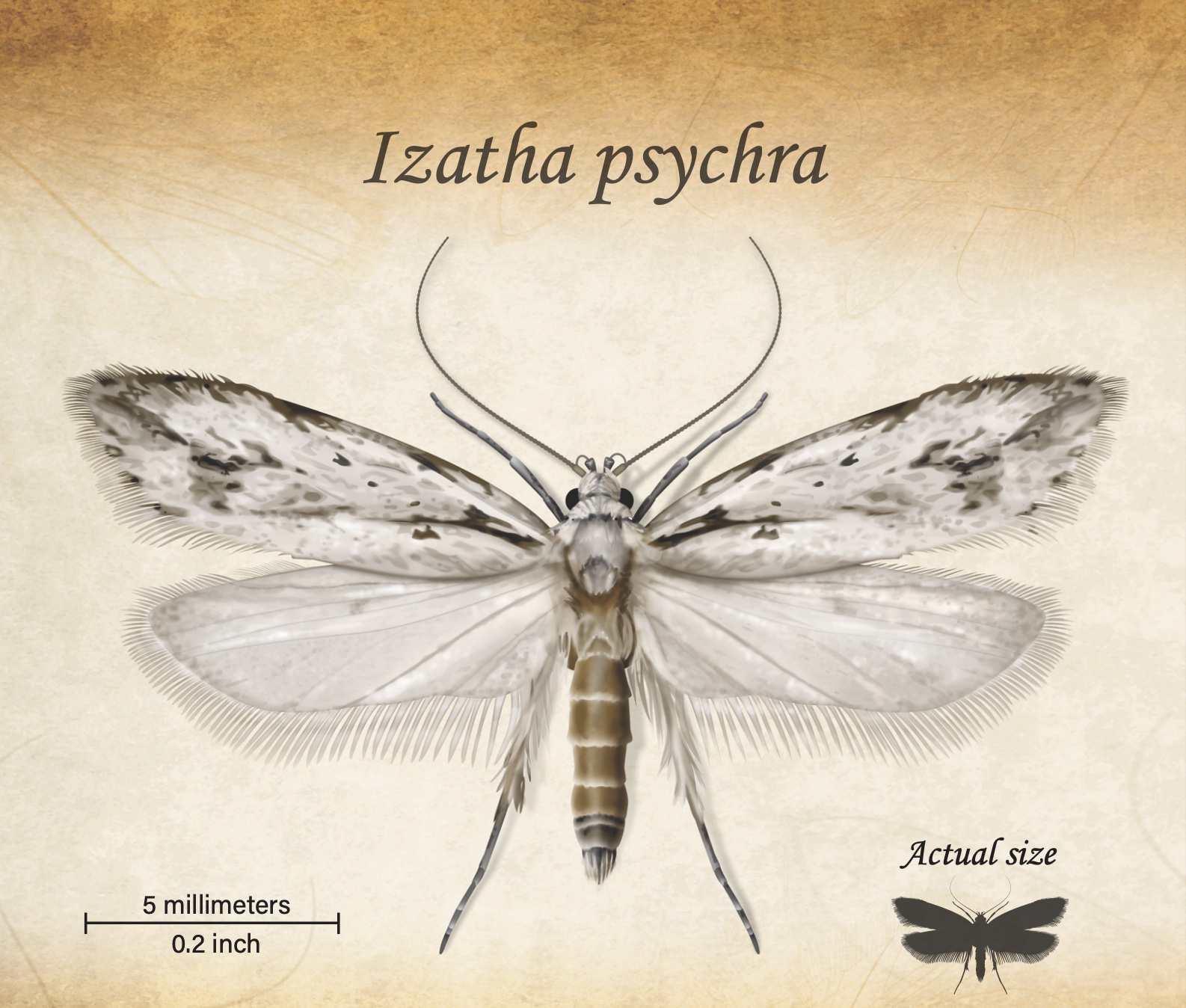Humans aren’t the only animals known to move to a musical beat.
For instance, parrots do it, too. And now rats have been observed bopping their heads in time with the music of Mozart, Lady Gaga, Queen and others, researchers report on November 11 in Science Advances.
What’s more, the animals seem to respond to the same tempos that get humans’ feet tapping. The study could help reveal the evolutionary foundations of humans’ sense of rhythm.
“Some of us believe that music is very special to human culture. But I believe that its origin is somehow inherited from our progenitors,” says Hirokazu Takahashi, a mechanical engineer at the University of Tokyo, who studies how the brain works.
The ability to recognize the beat of a song and synchronize the movements of one’s body to it is known as beat synchronization. It’s a mystery why some species, like humans and parrots, have the innate ability and others do not (SN: 4/30/09).
For rats in the lab, Takahashi and his colleagues put on Mozart’s “Sonata for Two Pianos in D Major” (K. 448). The team sped up and slowed the tempo, as well as played it at its normal speed, observing the rats’ motions not only visually, but also with wireless accelerometers, which were surgically placed on the rats.
The team initially thought that body size might determine the tempos that triggered any head bopping. Humans tend to prefer foot tapping to music that’s between 120 to 140 beats per minute, but a small animal like a rat would probably need a quicker tempo to get that same reaction, the researchers hypothesized.
“There’s lots of reasons to think maybe [rats] would prefer faster rhythms. But that’s not what they found. And that’s intriguing,” says Aniruddh Patel, a psychologist at Tufts University in Medford, Mass., who was not involved in this research. He studies music cognition, the mental processes involved in perceiving and responding to music.
In the video recordings, the rats’ head bobbing was more pronounced when the sonata played at its usual tempo, around 132 beats per minute. The same was true for 20 people who listened through headphones with accelerometers.
From astronomy to zoology
Subscribe to Science News to satisfy your omnivorous appetite for universal knowledge.
For both humans and rats, the head bopping was consistent at about 120 to 140 bpm. When the music was played faster or slower, then there was no head bopping. That suggests that there is something fundamental about how the animal brain is tuned or wired to respond to rhythm, Takahashi says.
The team also played some of their favorite pop songs for the rats, including Lady Gaga’s “Born This Way” and Michael Jackson’s “Beat It,” and saw a similar response.
While Patel agrees that rats seem to prefer beats that humans like, he is not convinced that the rats can synchronize to the beat like humans do.
“I think that that study actually raises more questions than answers in some sense,” Patel says. Humans and parrots show beat synchronicity through big, voluntary movements like head bobbing, dancing or foot tapping. The rats displayed very tiny movements that needed to be captured with special devices like a head-mounted accelerometer and motion capture technology.
The behavior was also more observable when the researchers lured the rats to stand on their back legs by putting their water bottle up high, compared with being on all fours.
“The fundamental nature of beat perception and synchronization is that you predict the timing of the beat and you move predictably” he says. “So, we land right on beat or a little ahead of it.” Since the rats’ movements are so tiny, it’s not clear if rats can predict the beats or if they’re just reacting to it.
Both Takahashi and Patel stress that this study does not show that rats like to dance to human music. “Music stimulus is very appealing to the brain,” Takahashi says. “But it is not evidence [that] they enjoy or they perceive music.”
Next, Takahashi is looking to see what other aspects of music we might share with rodents and other animals. “I’d like to maybe reveal how other properties, like melody and harmony, also relate to the dynamics of the brain.”













